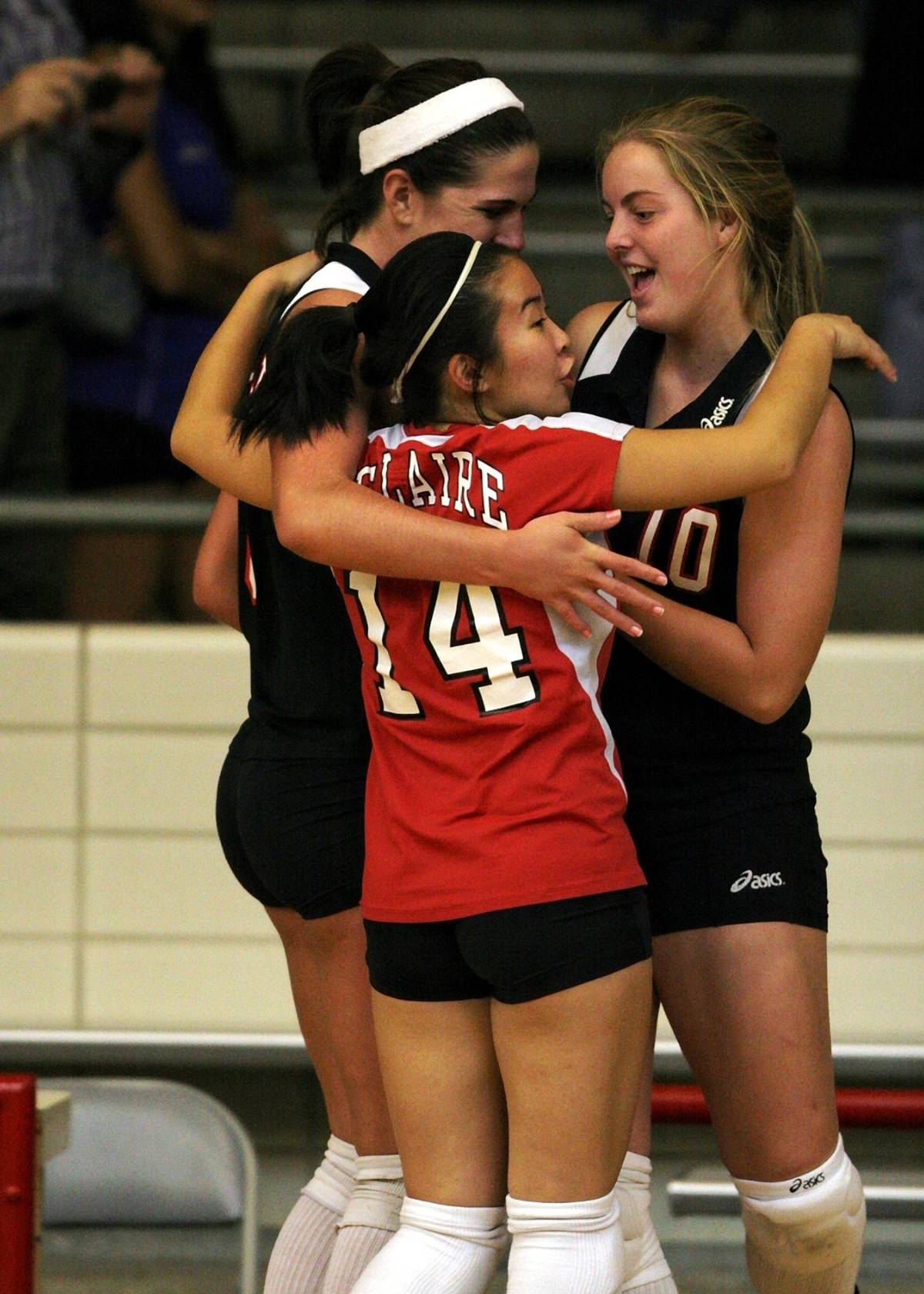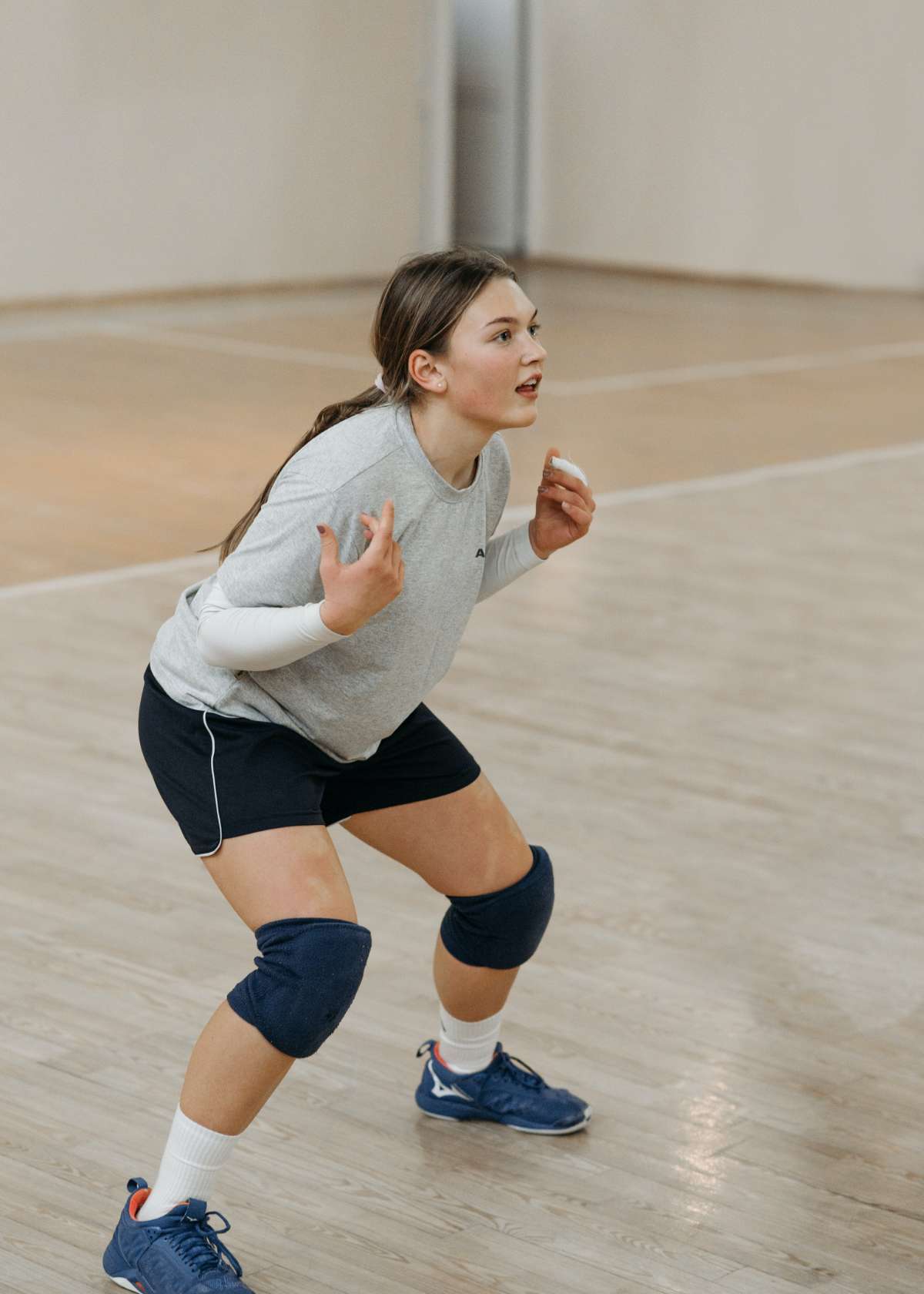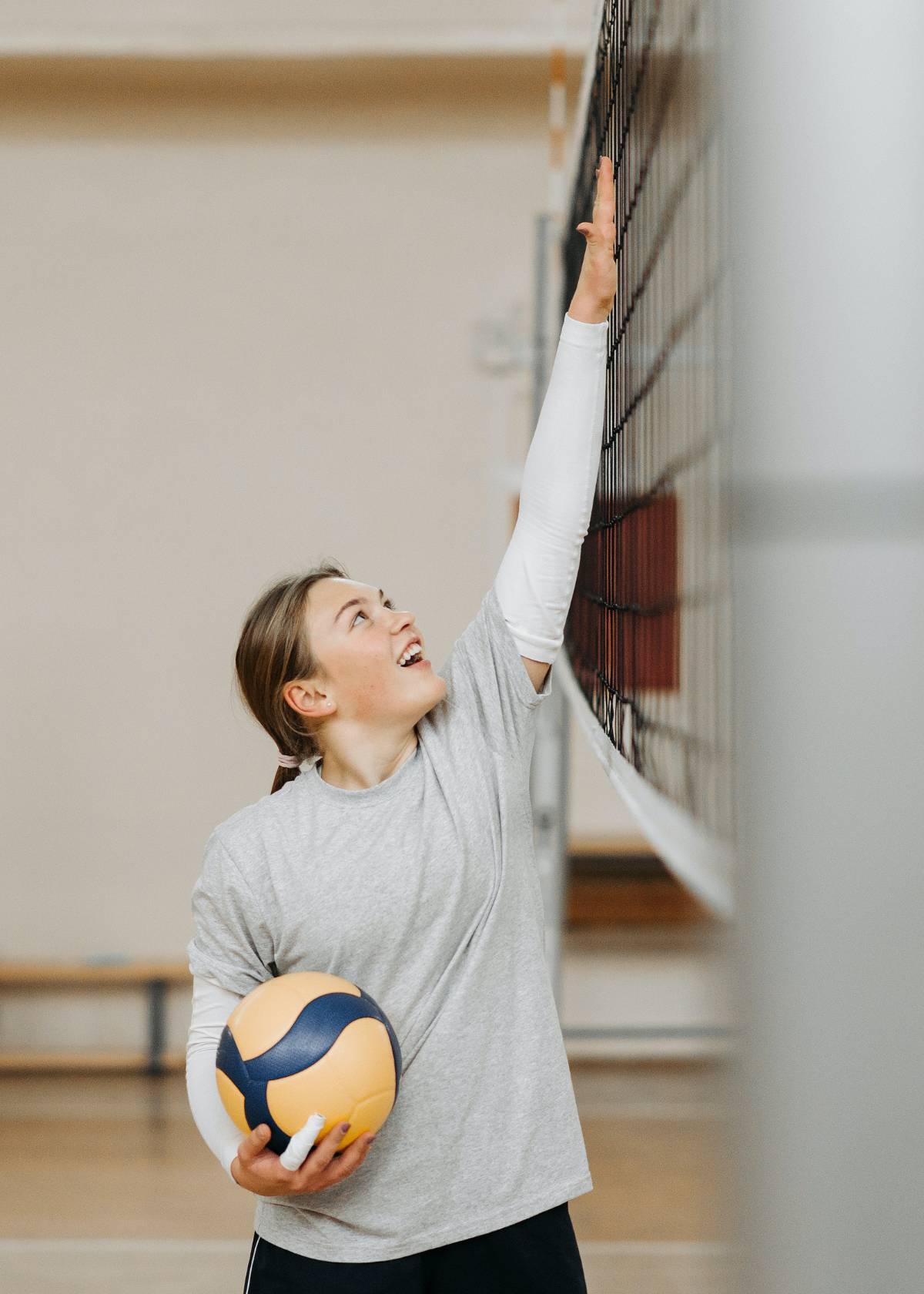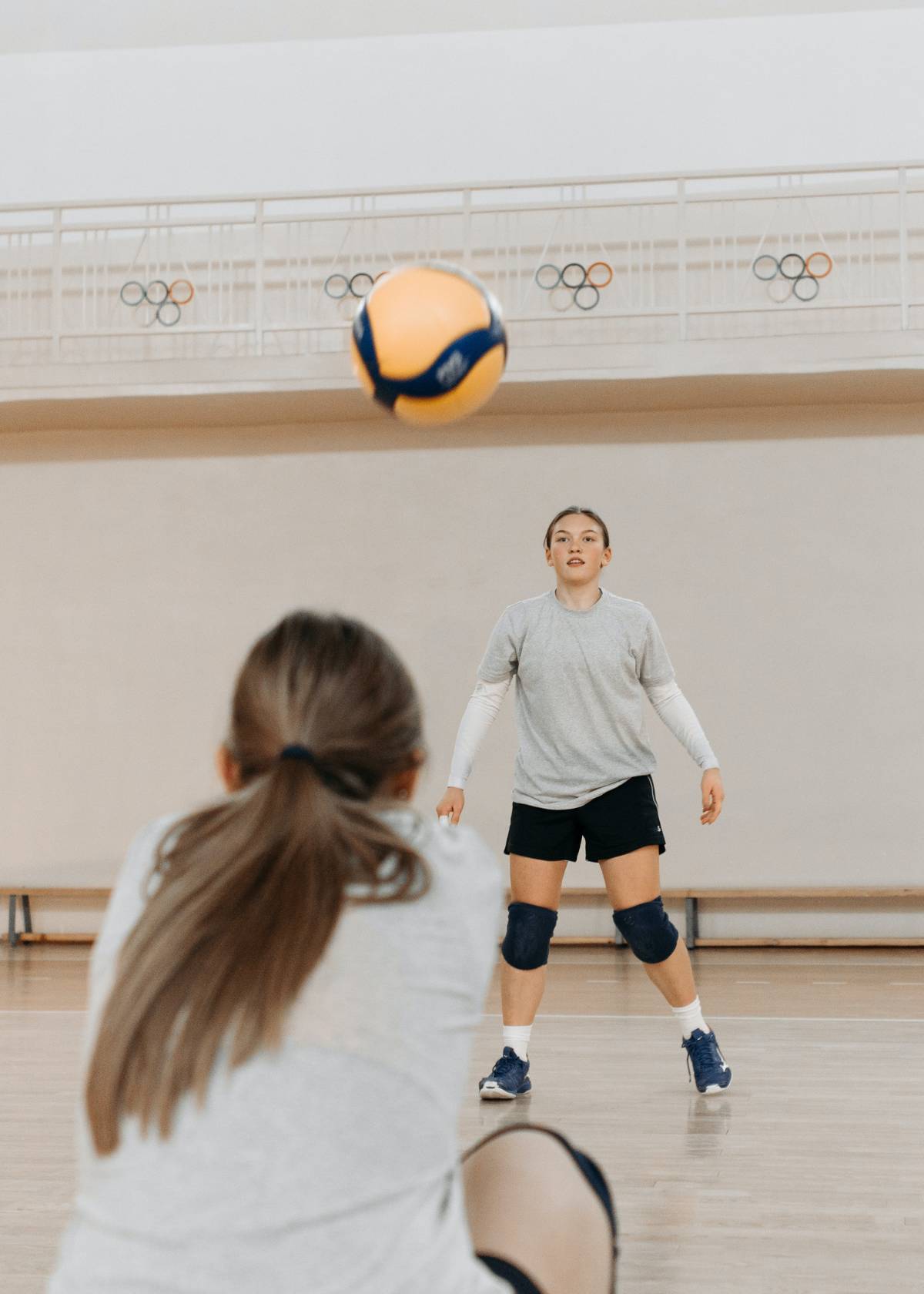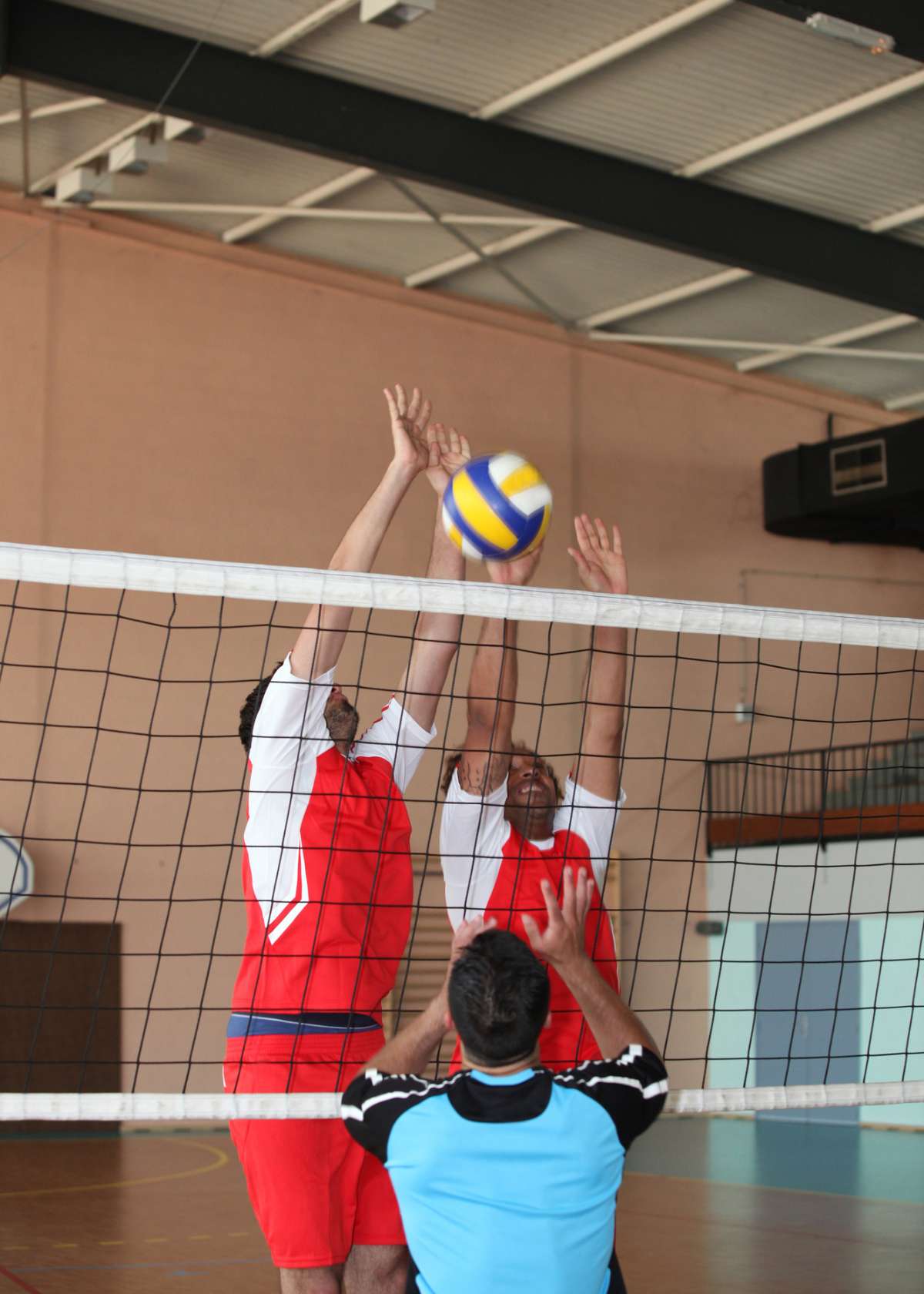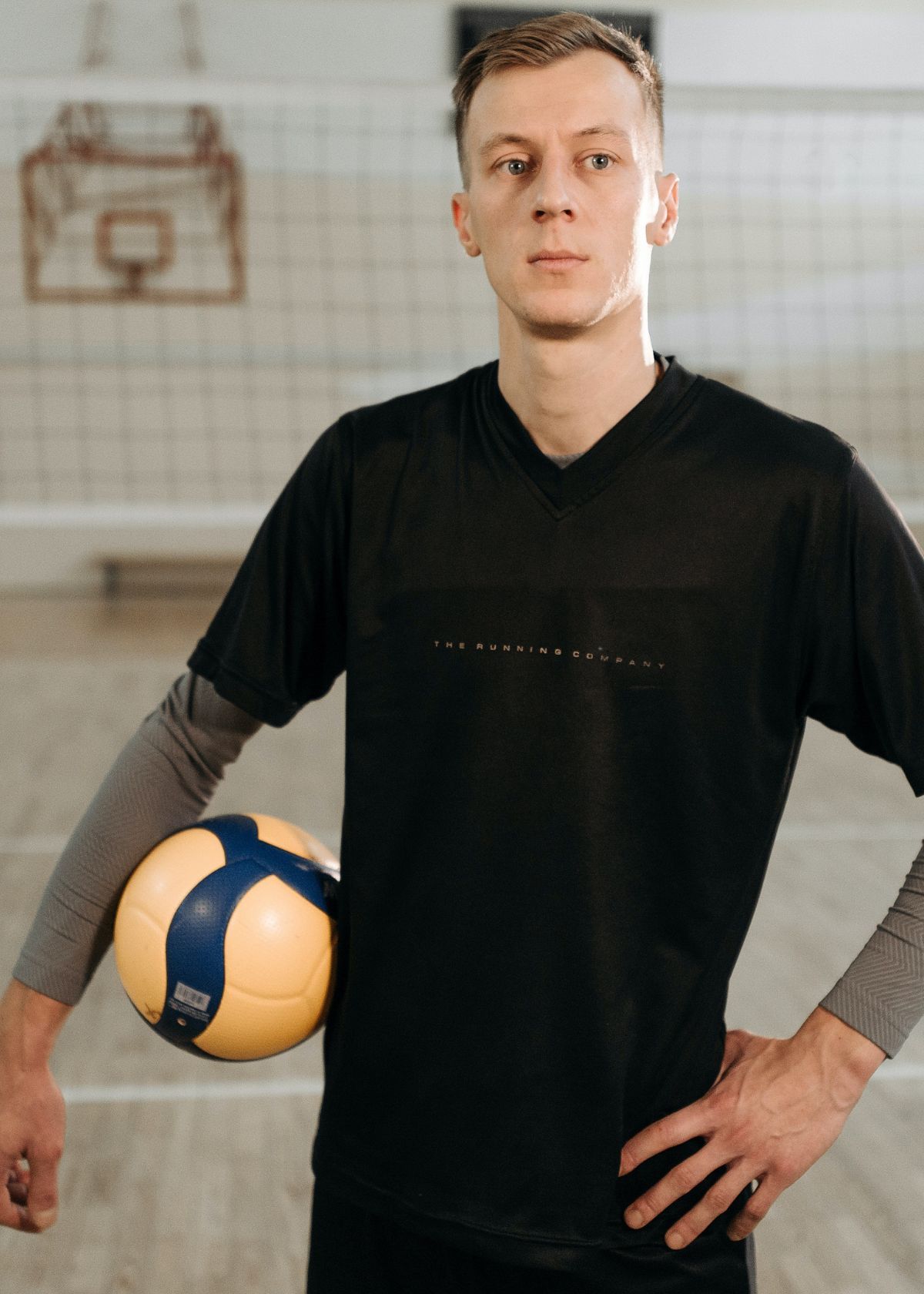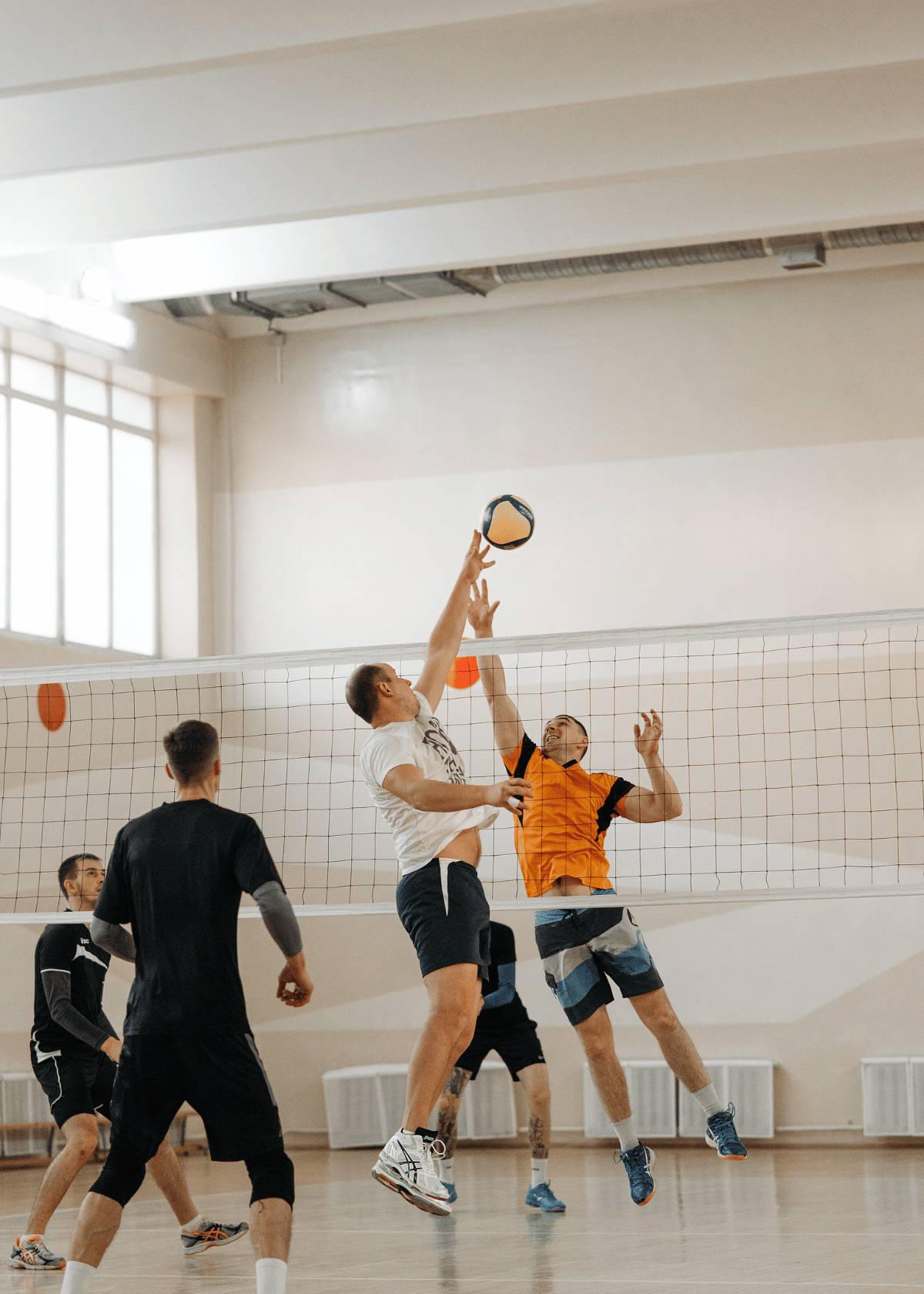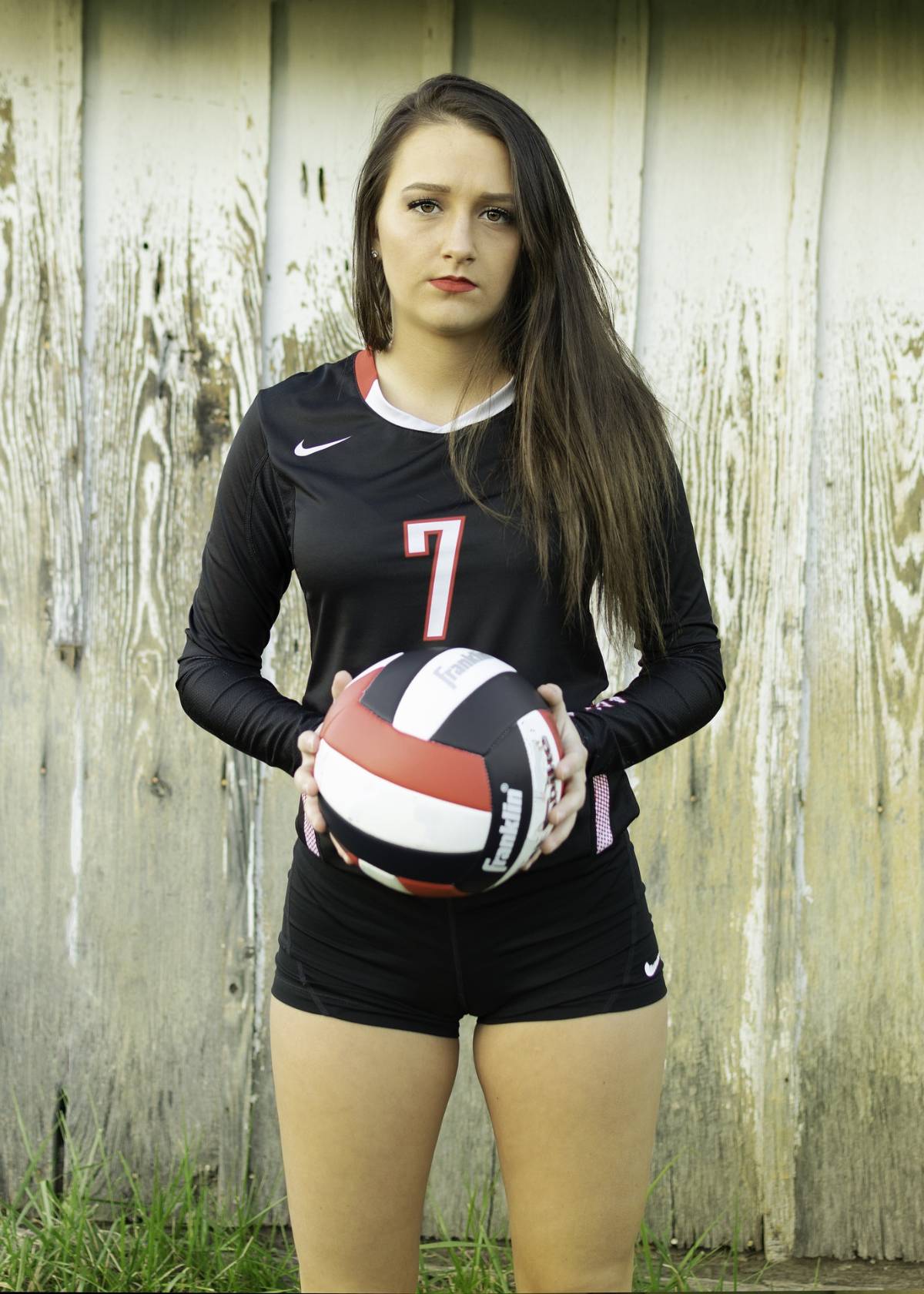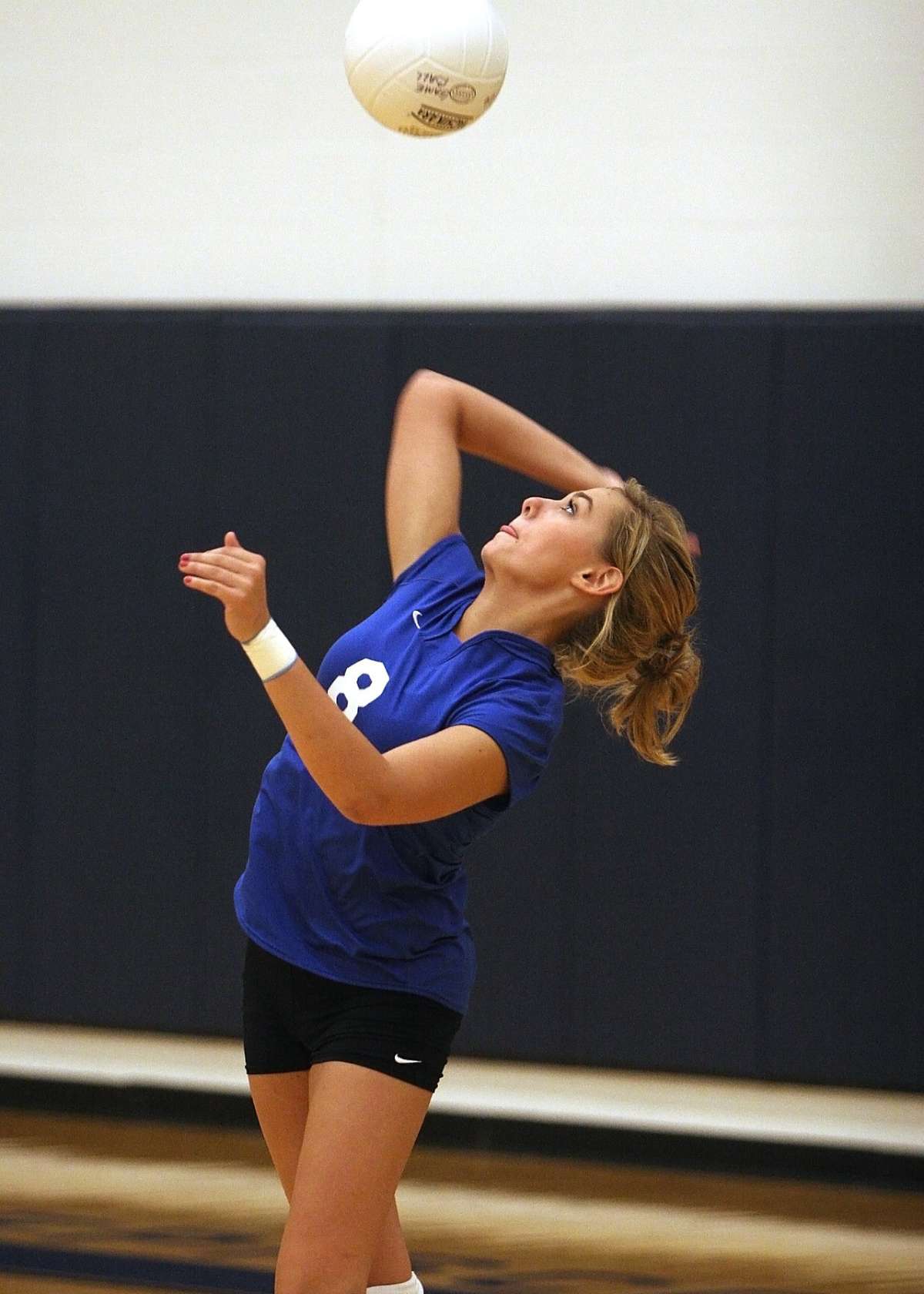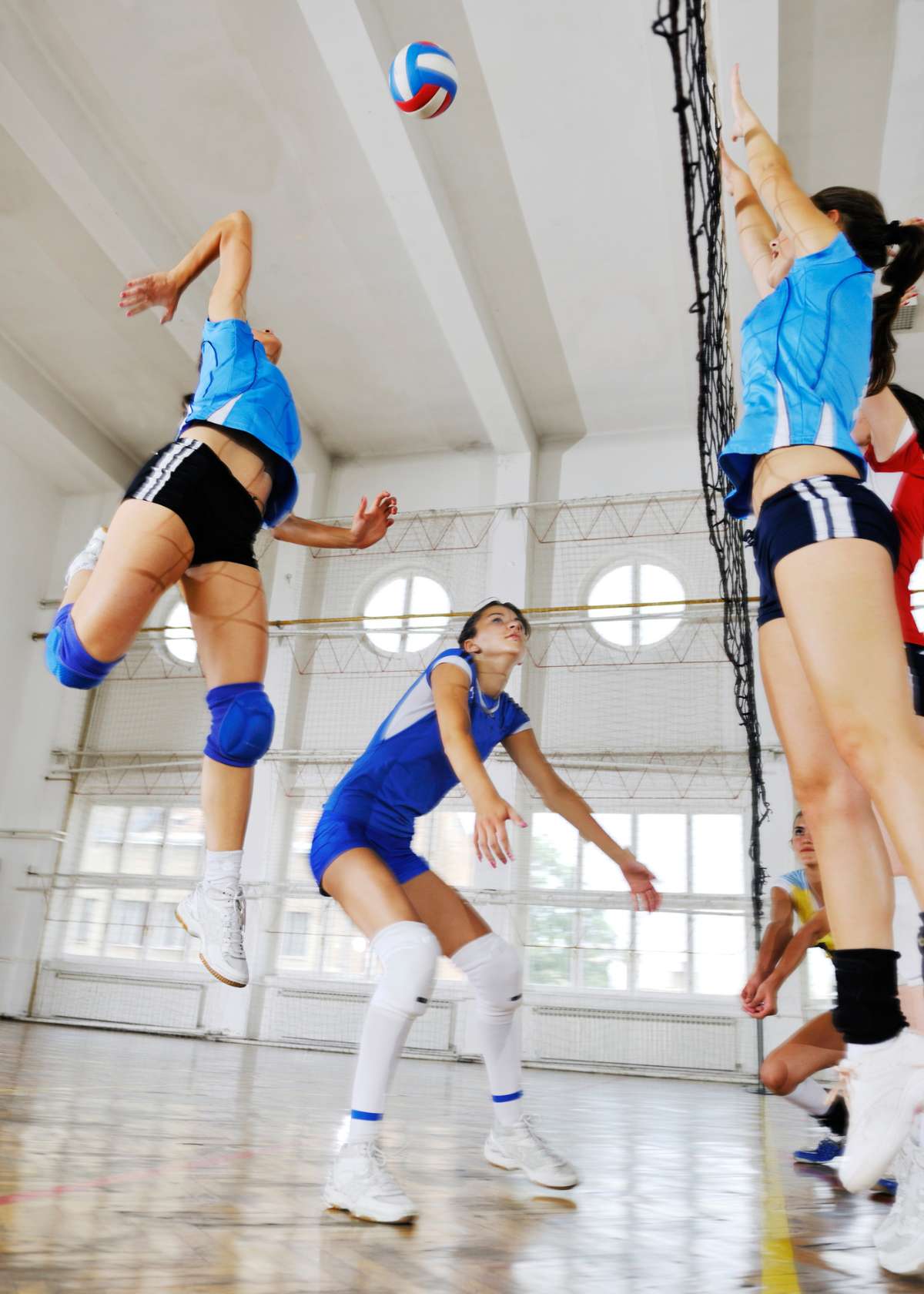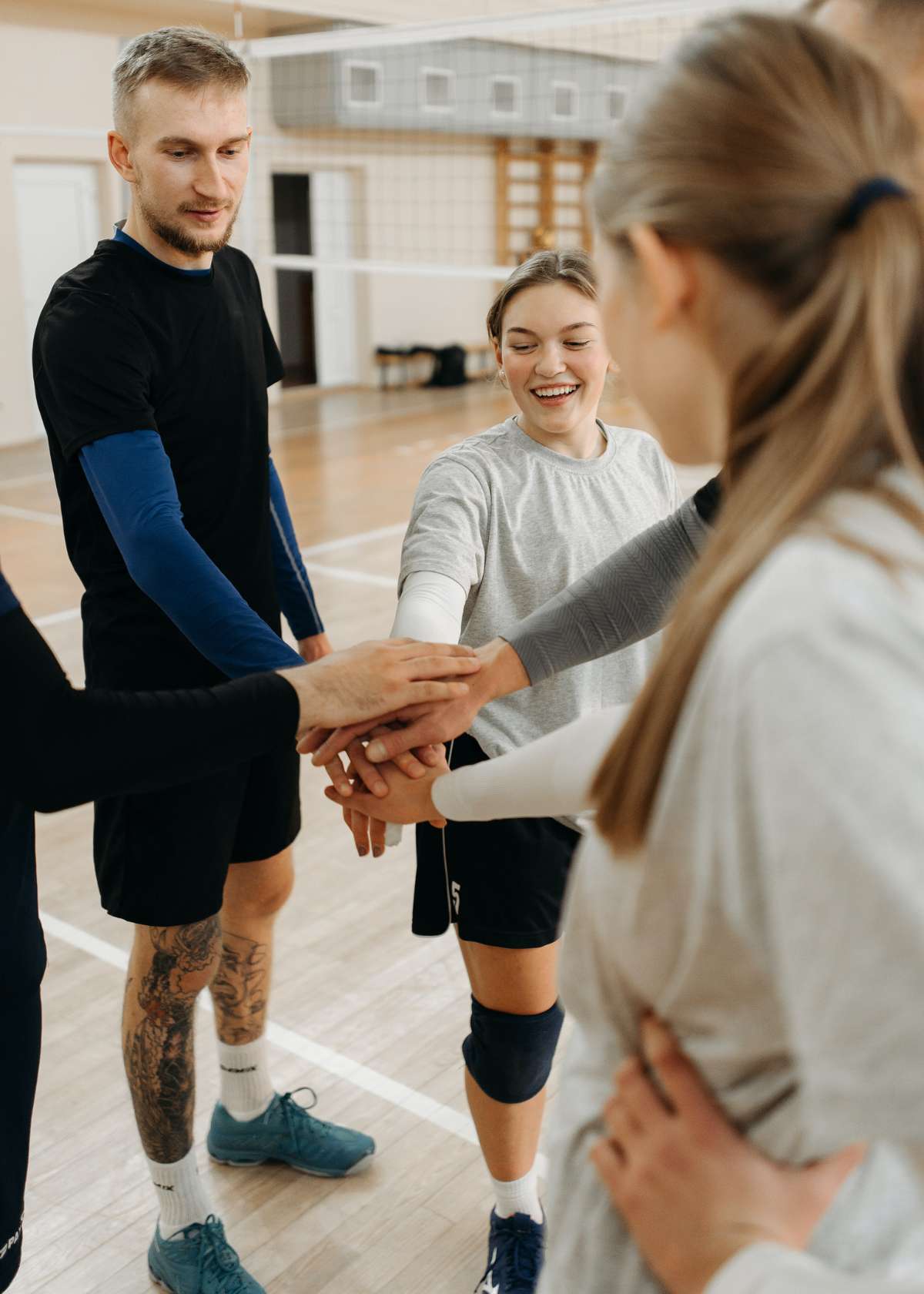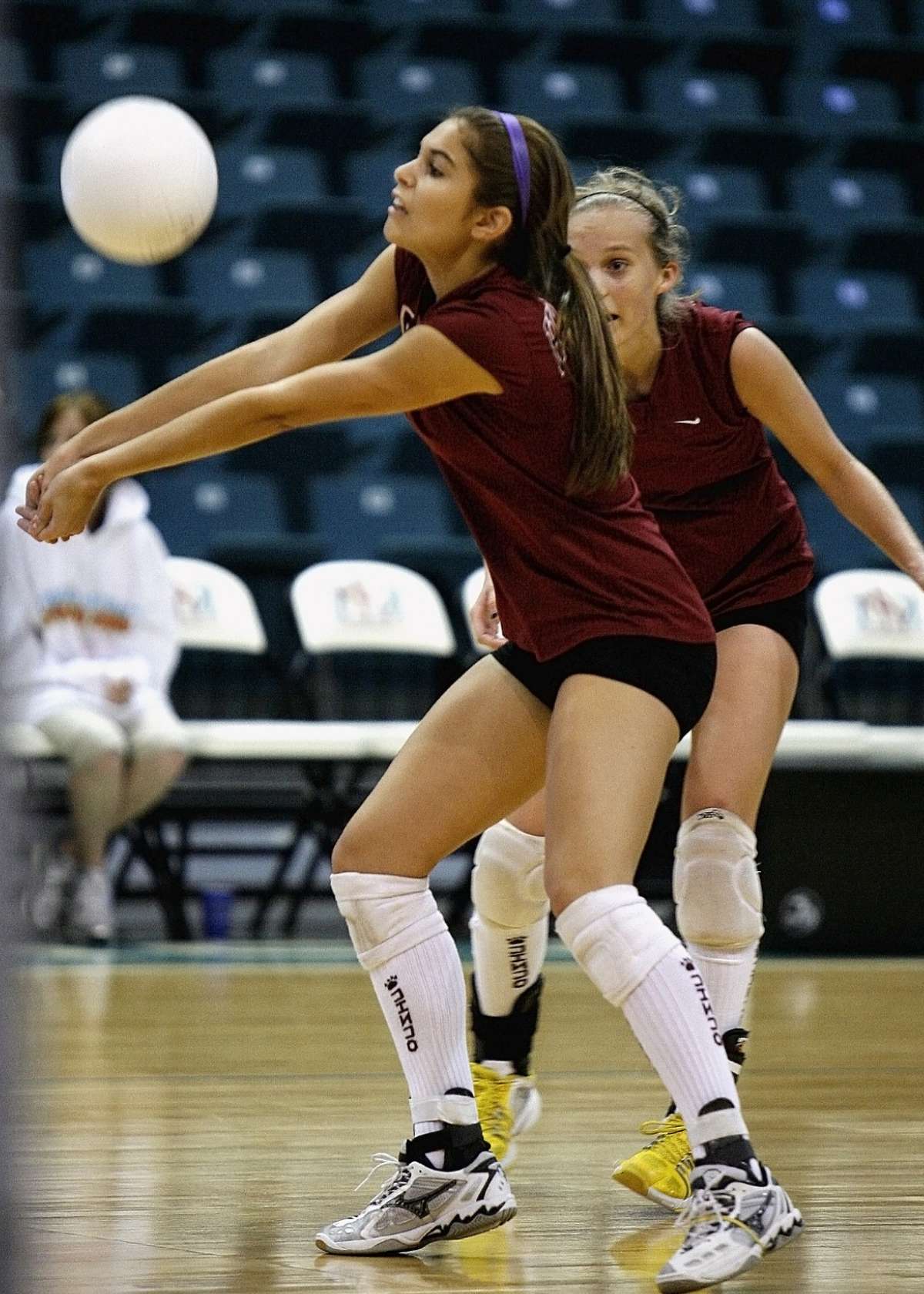If you're new to the world of volleyball, you might be wondering what DS means. DS is an abbreviation for a defensive specialist – a crucial position in any volleyball team.
Without a strong defensive specialist, a team is much more likely to struggle in matches.
In this blog post, we'll take a deep dive into what the DS position means, how it differs from a libero, and what makes a good DS. We'll also offer some tips on how to become a great defensive specialist.
What Does DS Position Mean in Volleyball?
The DS in volleyball refers to the player who comes into the game to play in a defensive position. When a team is on defense, the DS player stands in the back row and passes, digs, and sets to allow their team to get into an offensive position.
Unlike other players on the team, defensive specialists are not expected to participate in attacking plays – their primary focus is on defense.
What is the difference between a libero and a DS?
Though often used interchangeably, DS players and liberos are in different positions. A libero is a specialized defensive player who wears a different color jersey than the rest of the team.
A libero can only play in the back row and isn't allowed to attack the ball above the net. The libero can replace any back-row player on the court without counting as a substitution.
In contrast, a DS player isn't limited to the back row and can play as an attacker or a middle blocker in the front row. DS players also wear the same jersey as the rest of their team.
DS players can attack in the front row and block the ball. They can also sub in as a setter to run the team's offense. Ds players can technically play on all six rotations, while liberos can only play in a maximum of three.
How important is a defensive specialist in a volleyball team?
Both a defensive specialist, as well as a libero, are incredibly important players in any volleyball team. Without a strong defense, a team will struggle to win matches, no matter how strong their attacking players may be.
A DS player needs to have a good reaction, good mobility, and excellent ball control, to name a few. Without a DS's presence in the back row, it would be difficult for any team to recover from hard-hitting attacks and maintain good defensive play against their opponents.
The Defensive specialist position is crucial in ensuring that the team can receive serves and dig balls, keeping the game alive, and giving the team a chance to score points.
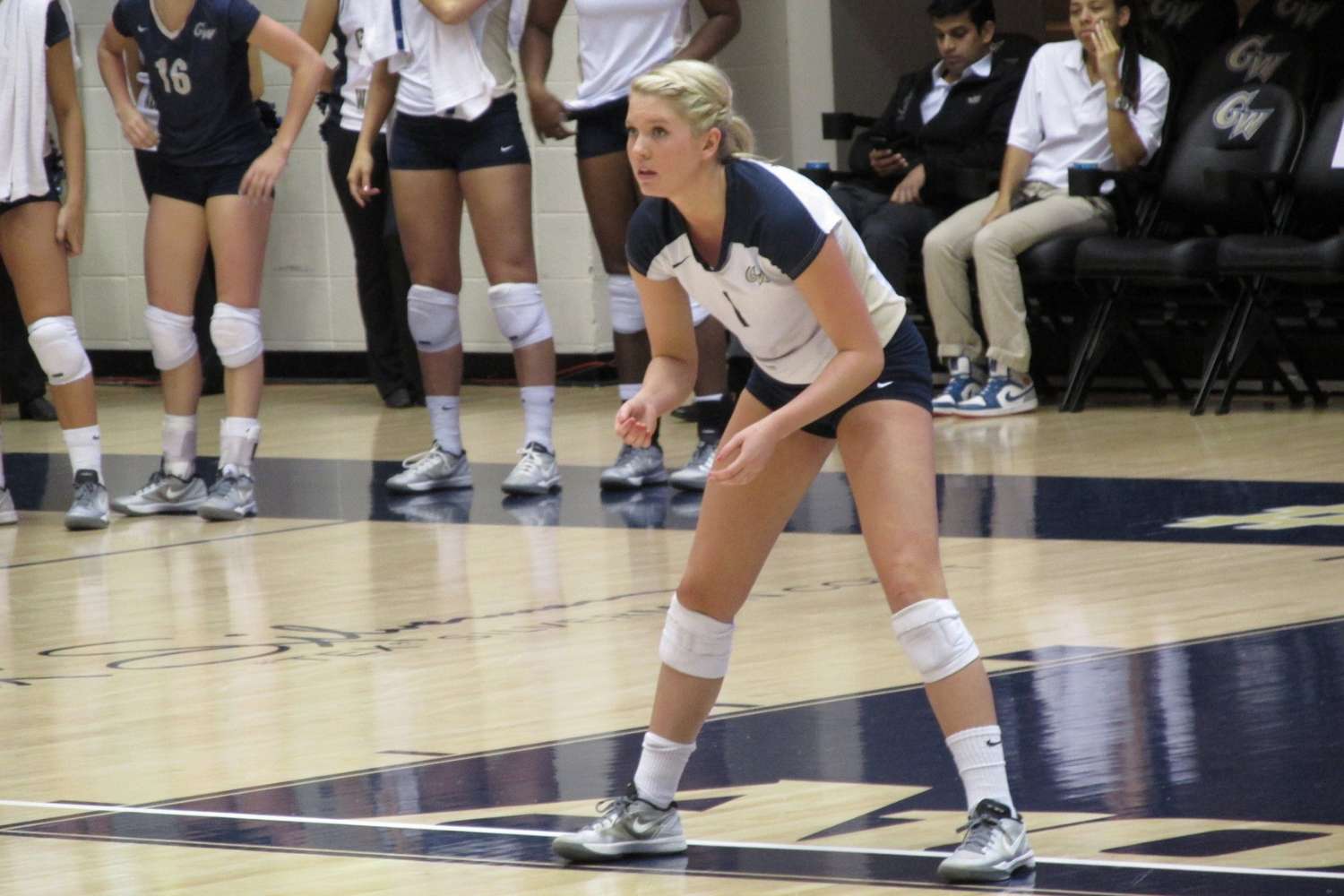
What makes a good defensive specialist in volleyball?
A good defensive specialist needs to have a number of key skills. A good DS player must possess excellent ball reaction time, quick feet, and quick hands.
These include excellent reflexes, the ability to read the game and anticipate where the ball is going. Ball control and communication are also crucial skills that a DS player must have.
In addition, a good DS player must have excellent positioning skills and be able to read the opposing team's attacks to move to the right spot quickly. Above all, a DS player should be calm under pressure and never waver in their game plan.
Is DS a tough position to play in volleyball?
The DS position is certainly challenging, but that doesn't mean it can't be enjoyable! The Defensive specialist position is often considered a highly strategic and challenging position to play in volleyball, requiring the player to be mentally and physically fit.
It requires a high level of versatility in passing, digging, and attacking to enable the team to maintain a proper balance between offense and defense. A DS player must be highly focused and on top of their game to maintain high standards of play.
If you're willing to put in the effort to become a great DS, you'll find that it's an important position that can be a lot of fun to play.
How to become a good defensive specialist in volleyball?
To become an excellent DS player, you need to practice hard and dedicate yourself to improving ball control and communication with other players.
Work on your reaction time, mobility, maintain good posture, have good court vision, and, above all, maintain a positive attitude. Off the court, you can also watch volleyball game footage to analyze different defensive strategies and how DS players put them into practice.
Successful defensive specialist players must understand the importance of teamwork, which means learning to communicate with your teammates and working together as a cohesive unit.
The more experience you have in the DS position, the better you'll become. Working with your team to practice different scenarios and strategies will also help improve your skills as a defensive specialist.
And don't be afraid to ask for advice and guidance from experienced players or coaches – learning from others is a crucial part of improving your skills.
Conclusion:
The DS position may not be the most glamorous position on the volleyball court, but it is a crucial one. It requires a good deal of skill, sensory perception, agility, and mental toughness.
A strong defensive specialist can make all the difference between winning and losing a game. By focusing on building the right skills and practicing regularly, anyone can become a great DS and help lead their team to victory.
If you're interested in becoming a DS player, start working hard on your ball control, mobility, and communication skills. It takes time and practice to become a great DS player, but with dedication and perseverance, you can make great strides.
So next time you’re on the court, remember that a great DS can be the difference between victory and defeat!
If you're looking for the best volleyball equipment, check out our top picks! We've taken care of all the research so that you don't have to!
Discover more engaging blogs on volleyball and other sports & fitness!
